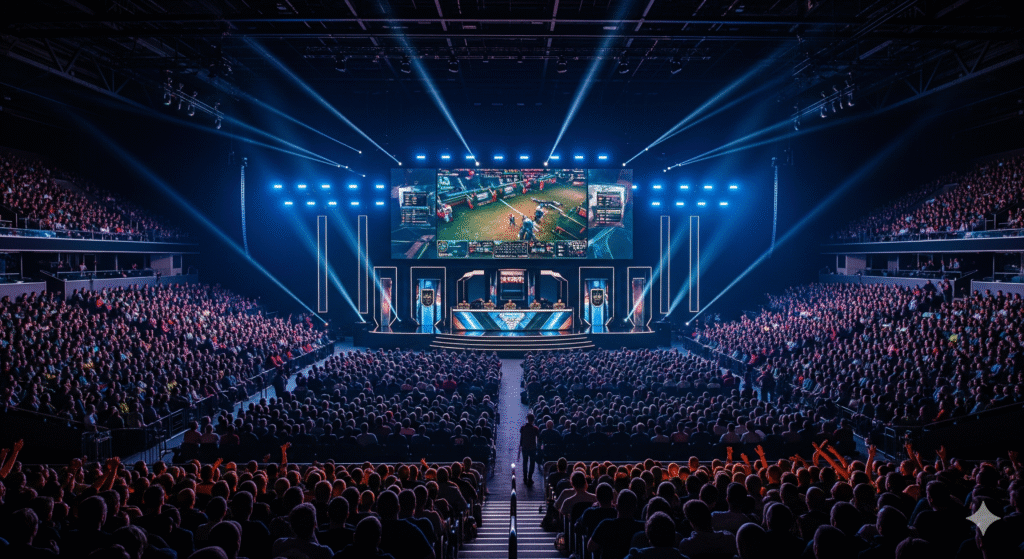Sports
The Rise of Esports – From Gaming to Global Competitions
Once a niche hobby, Esports has exploded into a billion-dollar global industry, rivaling traditional sports in viewership and engagement. This article explores how organized, competitive video gaming has gained legitimacy through massive audience growth, global accessibility, and major sponsorships from non-gaming brands. It highlights the latest trends, including the rise of mobile Esports and the integration of VR technology, and notes how traditional sports teams and universities are now embracing the field. The industry’s continuous innovation and mainstream acceptance are redefining the meaning of competition in the digital age.

















